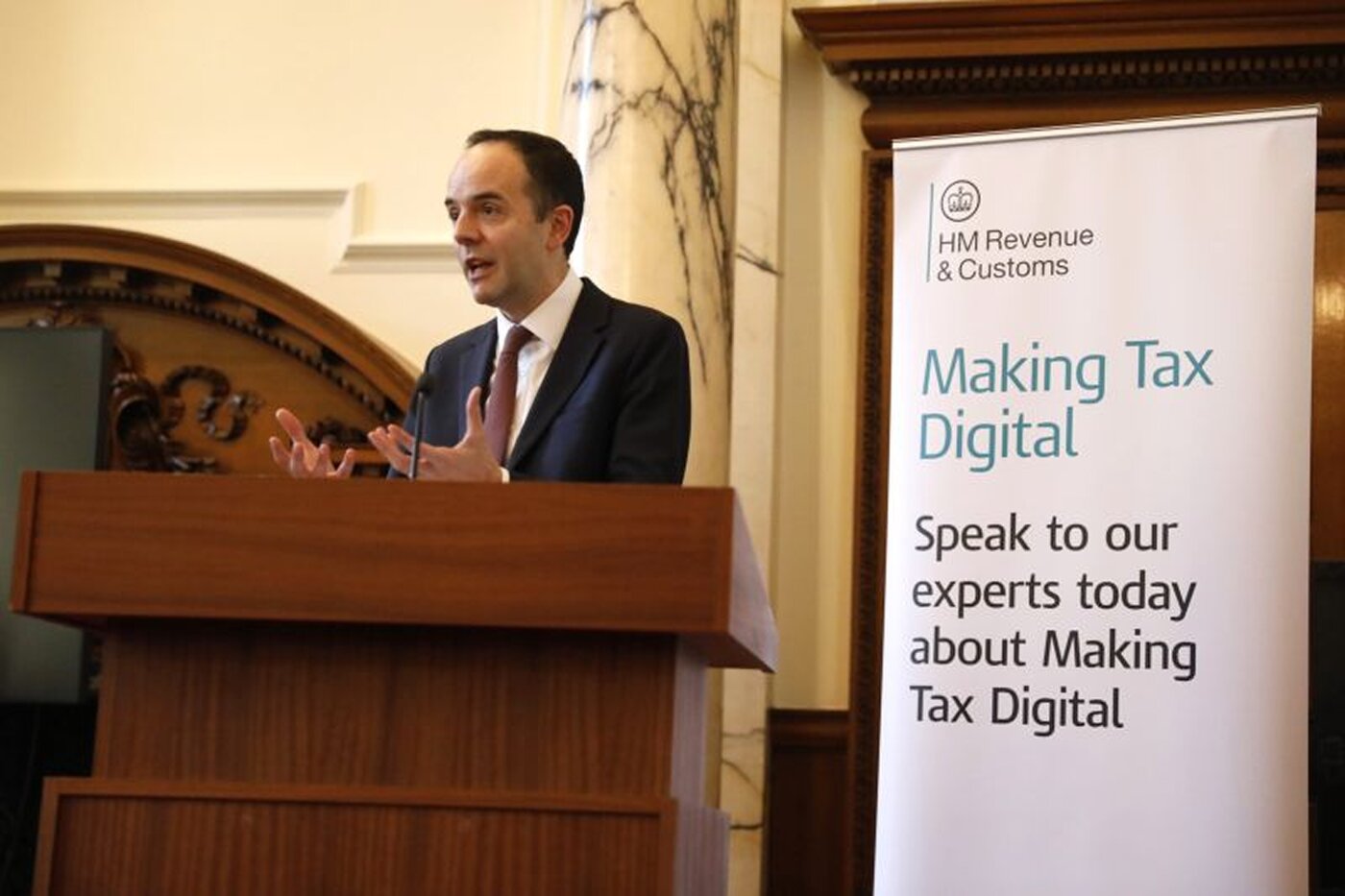
An HMRC error has left thousands of taxpayers confused and frustrated, after their expected tax refunds were unexpectedly reduced, or removed altogether. The issue stems from HMRC’s internal policy of offsetting debts from previous years’ tax returns against current repayments, even when individuals were unaware of any outstanding balance.
The incident, which has impacted an undisclosed number of people across the UK, has prompted the Labour Party to explore a rule change that would require HMRC to notify taxpayers before adjusting refunds. Under current regulations, the tax authority can automatically deduct owed amounts from repayments without warning, a practice now under scrutiny.
For many affected taxpayers, the experience has caused stress, confusion, and in some cases, financial hardship. Dozens have taken to social media and forums to share their stories, revealing a troubling lack of transparency in HMRC’s handling of personal tax affairs.
As public concern grows, Labour is pushing for improved safeguards to protect individuals from unexpected deductions, especially in the midst of a wider cost-of-living crisis.
What Happened: A Breakdown of the HMRC Refund Error
The issue emerged in early 2024 when several self-assessment taxpayers noticed discrepancies in their tax refund amounts. Upon further investigation, it became apparent that HMRC had automatically redirected these refunds to settle unpaid taxes from previous years.
One key concern is that many of the taxpayers affected were never informed of any outstanding tax. This led to widespread confusion, with individuals believing they were due a full refund, only to receive less or, in some cases, nothing at all.
According to reports, HMRC’s offsetting system allows the tax office to settle any historical debts using current refunds, without requiring prior notice to the taxpayer. This rule, while legally permissible, has been criticised for lacking transparency and compassion.
Labour’s Response: A Push for Policy Reform
Reacting to the growing number of complaints, Labour is considering a rule change that would force HMRC to notify individuals before deducting any amounts from their tax refunds. The proposed change would aim to improve accountability and provide people with an opportunity to challenge deductions they may not agree with.
Labour MP James Murray commented: "People should be told clearly when HMRC believes they owe tax and should be given time to respond before any deductions are made."
The party believes that more robust communication from HMRC could prevent unnecessary confusion and distress, especially for those already struggling financially.
Taxpayers Speak Out: Confusion and Stress Mount
Across the UK, affected taxpayers have expressed outrage over the lack of communication from HMRC. Many have said they only discovered the deductions after logging into their online accounts or receiving unexpectedly low payments.
One individual, hoping to use her refund to pay household bills, was left devastated when the full amount never arrived. Others have reported being unable to get clear answers from HMRC’s helpline.
The experience has left many calling for an overhaul of how HMRC handles and communicates tax matters. As the cost of living continues to rise, unexpected shortfalls in income, especially tax-related, can cause significant disruption to financial planning.

How HMRC’s Current Policy Works
Under the current system, if you owe tax from a previous year, HMRC can automatically take that amount from any refund due to you now. This process, known as “offsetting,” is perfectly legal, but what makes it controversial is the lack of prior notification or explanation.
According to the government’s own guidance, HMRC doesn’t need to contact individuals before doing this. While the logic is to streamline debt recovery, critics say the method lacks fairness, especially when taxpayers aren’t aware they owe anything in the first place.
Expert Opinions: Transparency and Fairness in Focus
Tax experts are backing Labour’s call for reform, pointing to the need for greater clarity in how HMRC communicates with taxpayers.
Chartered accountant Rebecca Benneyworth told the media: "Many people don’t understand their tax affairs fully, so being told they owe money out of the blue, and then having their refund withheld, is simply not good practice."
Professionals agree that notifying taxpayers in advance would give them time to prepare, ask questions, or appeal decisions before deductions are made.
What Happens Next?
At this stage, HMRC has not issued a formal apology or public statement addressing the error or the growing calls for reform. However, pressure is mounting.
If Labour’s proposal gains traction, we could see a shift in how HMRC handles future repayments, particularly around the transparency of deductions and prior notice requirements.
In the meantime, taxpayers are advised to log into their Personal Tax Account regularly to check for any notices or adjustments. Those who feel they’ve been unfairly treated can file a formal complaint or speak to a tax adviser for support.

Conclusion
The unexpected tax refund deductions by HMRC have highlighted serious flaws in the way the tax authority communicates with the public. With many individuals left confused and out of pocket, calls for reform have never been louder.
Labour’s proposed rule change could be a crucial step toward making tax policy more transparent and taxpayer-friendly. By ensuring that individuals are notified before deductions are made, HMRC could restore some much-needed trust in its systems. As we await HMRC’s response, one thing is clear: taxpayers deserve to be informed and respected, especially when their hard-earned money is on the line.
Frequently Asked Questions
Why was my HMRC tax refund lower than expected?
Your refund may have been reduced due to HMRC offsetting unpaid tax from previous years. This can happen automatically, even without prior notice.
Is HMRC allowed to take money from my refund without telling me?
Yes, under current rules, HMRC can offset debts without informing you in advance. Labour is now calling for this policy to be changed.
What can I do if I think my refund was wrongly reduced?
You can check your Personal Tax Account online and contact HMRC for clarification. You can also file a formal complaint if needed.
Will HMRC change its policy on refund deductions?
There is no official confirmation yet, but Labour is pushing for reform to ensure taxpayers are notified before deductions happen.
How can I prevent this from happening in future?
Stay on top of your tax affairs by regularly checking your HMRC account and ensuring any outstanding payments are resolved before filing a return.











